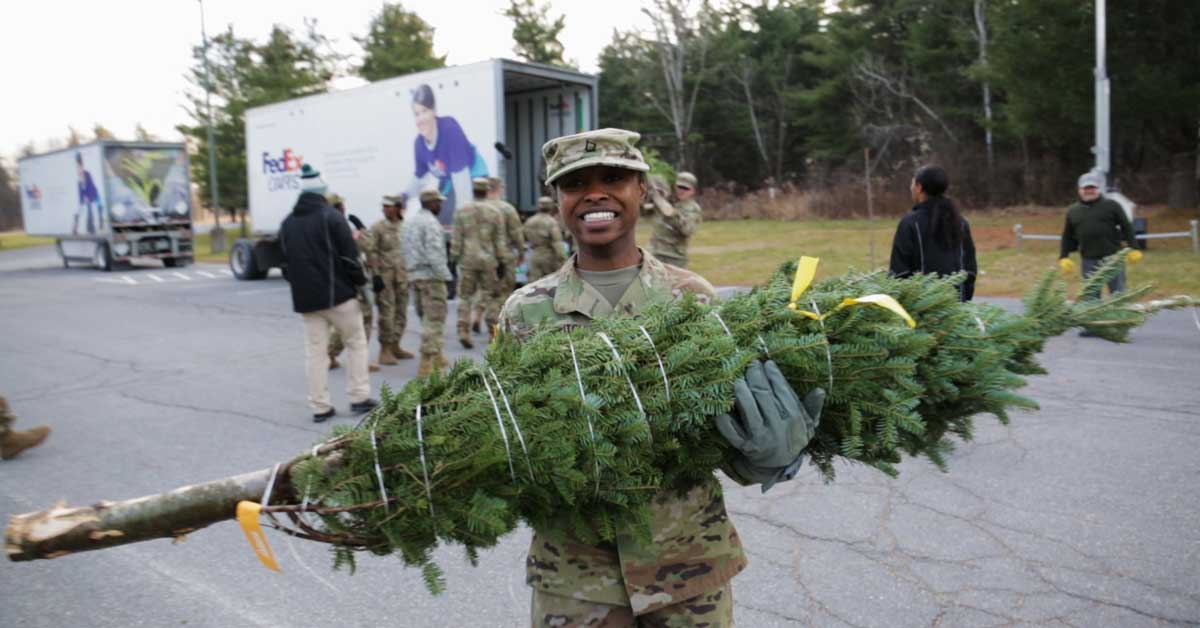On a single night in January 2018, more than 37,000 veterans were experiencing homelessness, making up about 9 percent of all homeless adults, according to the National Alliance to End Homelessness (NAEH).
While homelessness isn’t the reality for most veterans, any veteran experiencing homelessness is one too many, and veteran homelessness has posed a significant challenge to city leaders in the United States. But noteworthy progress has been made in housing veterans across the country.
Through the Department of Veterans Affairs’ Supportive Services for Veteran Families (SSVF) program, many veterans have connected with rapid re-housing, a bridge from homelessness to permanent housing in which housing is offered quickly, with temporary financial support and case management, and without conditions such as employment, income, absence of a criminal record, or sobriety.
In 2015 alone, the SSVF program helped nearly 100,000 veterans and about 35,000 children remain in their homes or quickly exit homelessness, according to NAEH.
Through the Department of Housing and Urban Development’s Veterans Affairs Supportive Housing program, many veterans have also been able to find permanent supportive housing. Since 2008, more than 114,000 homeless veterans have been served through the program, according to NAEH.
Certain communities are seeing veteran homelessness become a thing of the past entirely. The entire states of Connecticut, Delaware, Minnesota, and Virginia have effectively ended homelessness among veterans.
And in February 2019, officials from Abilene, Texas announced they had ended veteran homelessness in their community, too, making it the ninth city in the country to reach that goal through a national initiative called Built for Zero.
The program works with a data-forward approach that helps officials track people experiencing homelessness through a visual dashboard.
“It basically just forced us to continuously look to change improvements to our system and how to use real-time data to improve our performance,” said John Meier, the program manager for supportive services for veteran families for the West Central Texas Regional Foundation, to Fast Company.
“We’ve always had lots of data sitting around but haven’t had it in one place and [haven’t been] utilizing it to our advantage.”
By working with the data, the city of Abilene shrunk the average time to house a veteran from 40 days to 26.
Many cities and organizations point to a lack of resources to combat veteran homelessness, but the case in many communities is the right resources exist and can be mobilized with a strategic approach.
This story originally ran in The Veterans Edition of the Goodnewspaper in July 2019.
The Goodnewspaper is our monthly print newspaper filled with good news.
You can join thousands of subscribers who get access to more exclusive stories like these, our private community space, a free inspiring poster, and so much more.





